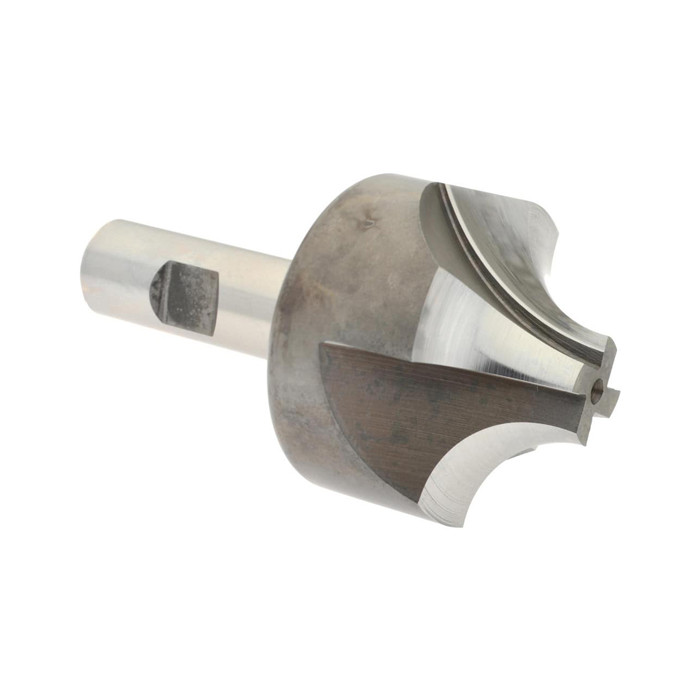A60 threading insert Manufacturer
Choosing the right A60 threading insert manufacturer is crucial for precision and efficiency in machining. This guide explores the key factors to consider when selecting a supplier, including material quality, insert geometry, coating options, and manufacturing capabilities, helping you optimize your threading operations and achieve superior results.
Understanding A60 Threading Inserts
A60 threading inserts are specialized cutting tools designed for creating external or internal threads on workpieces. The 'A60' designation refers to the 60-degree thread angle, which is a common standard for many types of threads, including ISO metric threads. These inserts are typically made from cemented carbide, a composite material known for its high hardness, wear resistance, and ability to maintain a sharp cutting edge at high temperatures. This makes them ideal for machining a wide range of materials, from steel and stainless steel to cast iron and non-ferrous metals.
Key Features of A60 Threading Inserts
- 60-Degree Thread Angle: Specifically designed for standard 60-degree thread profiles.
- Cemented Carbide Construction: Provides excellent wear resistance and tool life.
- Coating Options: Available with various coatings to enhance performance and tool life for specific materials.
- Precision Ground: Ensures accurate thread profiles and consistent results.
- Various Sizes and Shapes: Offered in a wide range of sizes and shapes to suit different threading applications.
Factors to Consider When Choosing an A60 Threading Insert Manufacturer
Selecting the right A60 threading insert manufacturer is essential for ensuring the quality, accuracy, and efficiency of your threading operations. Here are some key factors to consider:
Material Quality
The quality of the cemented carbide used in the A60 threading insert directly affects its performance and lifespan. Look for manufacturers who use high-grade carbide materials and have stringent quality control processes. Reputable manufacturers will often provide information about the specific grade of carbide used and its properties.
Insert Geometry and Precision
The geometry of the insert, including the thread profile and cutting edges, is critical for achieving accurate and consistent threads. The insert should be precision ground to ensure sharp cutting edges and precise dimensions. Consider the specific thread type and pitch you need to produce when selecting an insert geometry. Wayleading Tools offers a wide array of insert geometries tailored to diverse threading needs.
Coating Options
Coatings can significantly enhance the performance of A60 threading inserts by improving wear resistance, reducing friction, and preventing built-up edge. Common coating options include:
- Titanium Nitride (TiN): A general-purpose coating that improves wear resistance.
- Titanium Carbonitride (TiCN): Offers higher hardness and wear resistance than TiN.
- Aluminum Titanium Nitride (AlTiN): Provides excellent heat resistance and is suitable for high-speed machining.
- CVD Diamond: Extremely hard and wear-resistant, ideal for machining abrasive materials.
The appropriate coating depends on the material being machined and the cutting conditions.
Manufacturing Capabilities and Quality Control
Choose a manufacturer with advanced manufacturing capabilities and a robust quality control system. This ensures that the inserts are produced to tight tolerances and meet your specific requirements. Look for manufacturers with certifications such as ISO 9001, which demonstrates a commitment to quality management.
Price and Availability
While quality should be the primary consideration, price and availability are also important factors. Compare prices from different manufacturers and consider the lead time for delivery. Establish a reliable supply chain to ensure that you have a consistent source of A60 threading inserts when you need them.
Technical Support and Expertise
A good manufacturer will provide technical support and expertise to help you select the right insert for your application and optimize your threading process. They should be able to answer your questions about material selection, cutting parameters, and troubleshooting. Look for suppliers with readily available technical data sheets, application guides, and customer support channels.
Common Threading Insert Grades and Applications
Different carbide grades and coatings are optimized for different materials and applications. Here's a table outlining some common grades and their uses:
| Carbide Grade | Coating | Application | Typical Materials |
|---|---|---|---|
| K10 | Uncoated | General Purpose Threading | Steel, Stainless Steel |
| P20 | TiN | Increased Wear Resistance | Carbon Steel, Alloy Steel |
| M20 | AlTiN | High-Speed Machining, Heat Resistance | Stainless Steel, Cast Iron |
| K313 | CVD Diamond | Machining Abrasive Materials | Aluminum Alloys, Composites |
Optimizing Your Threading Process with the Right Insert
Selecting the appropriate A60 threading insert is only one part of optimizing your threading process. Consider these additional factors:
Cutting Parameters
Use the correct cutting speed, feed rate, and depth of cut for the material being machined and the insert grade. Refer to the manufacturer's recommendations for optimal cutting parameters. Incorrect parameters can lead to premature tool wear, poor thread quality, and even tool breakage.
Coolant Application
Proper coolant application is essential for removing heat and chips from the cutting zone. Use a coolant that is appropriate for the material being machined. Flood coolant or through-tool coolant delivery systems can be used to improve cooling and chip evacuation.
Machine Rigidity
Ensure that your machine is rigid and stable to minimize vibration and chatter. Excessive vibration can negatively impact thread quality and tool life. Use appropriate workholding techniques to securely clamp the workpiece.
Regular Inspection and Maintenance
Inspect your A60 threading inserts regularly for wear and damage. Replace worn or damaged inserts promptly to prevent poor thread quality and potential machine damage. Properly maintain your machine and tooling to ensure optimal performance.
Conclusion: Partnering with a Reliable A60 Threading Insert Manufacturer
Choosing the right A60 threading insert manufacturer is a critical decision that can significantly impact the quality, efficiency, and cost-effectiveness of your threading operations. By considering factors such as material quality, insert geometry, coating options, and manufacturing capabilities, you can select a supplier that meets your specific needs and helps you achieve superior results. Wayleading Tools is committed to providing high-quality A60 threading inserts and expert technical support to help you optimize your threading processes. Contact us today to learn more about our products and services. You can trust Wayleading Tools to deliver consistent quality and reliable performance, enabling you to achieve precision and efficiency in all your threading applications.
Disclaimer: All data and information presented in this article are based on general industry knowledge and manufacturer specifications available at the time of writing. Always consult with the specific manufacturer's documentation and recommendations for accurate application data.
Related products
Related products
Best selling products
Best selling products-
 HSS Inch Screw Slotting Saws For Industrial With Bright Or TiN Coated
HSS Inch Screw Slotting Saws For Industrial With Bright Or TiN Coated -
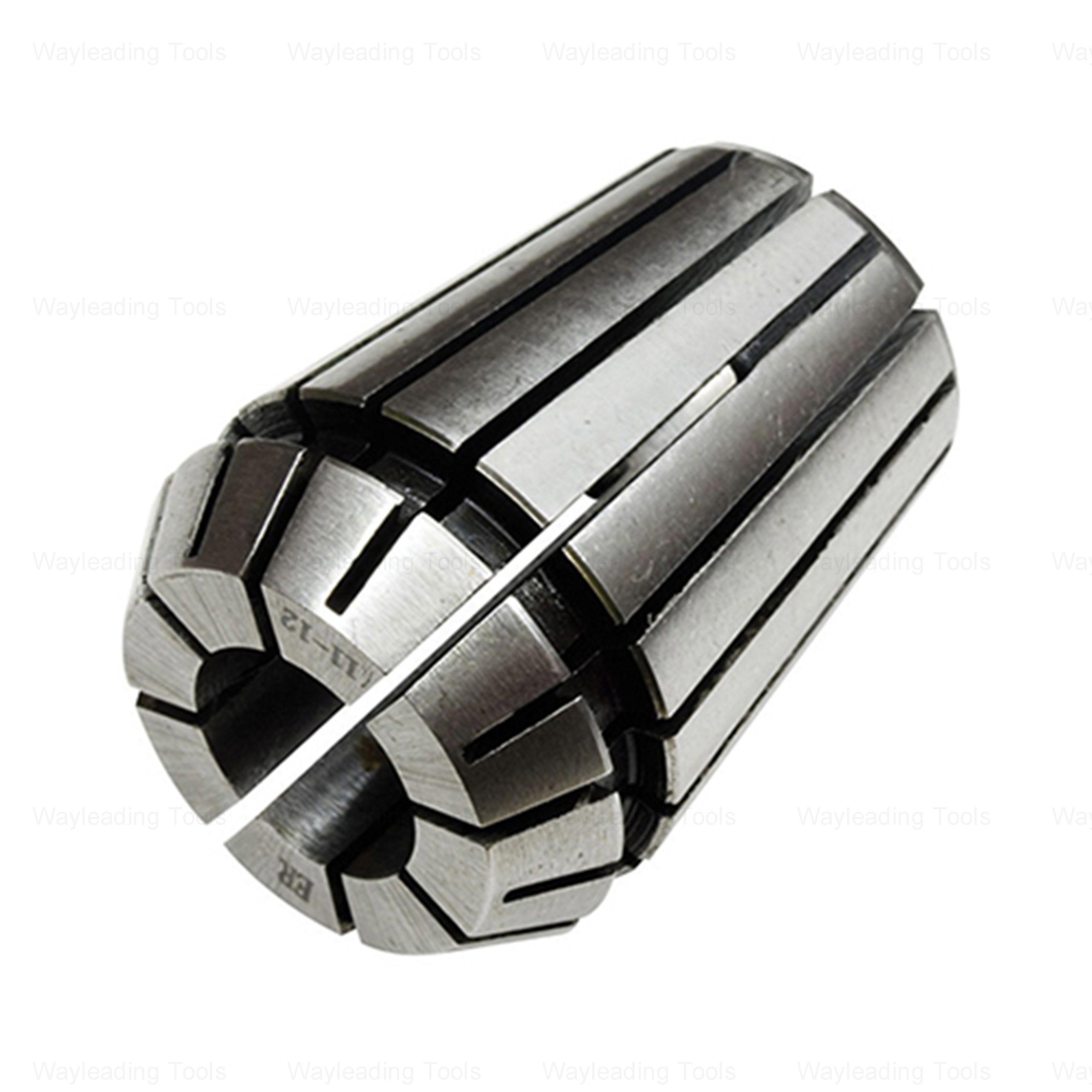 Metric ER Collets – High Precision, for Milling Applications
Metric ER Collets – High Precision, for Milling Applications -
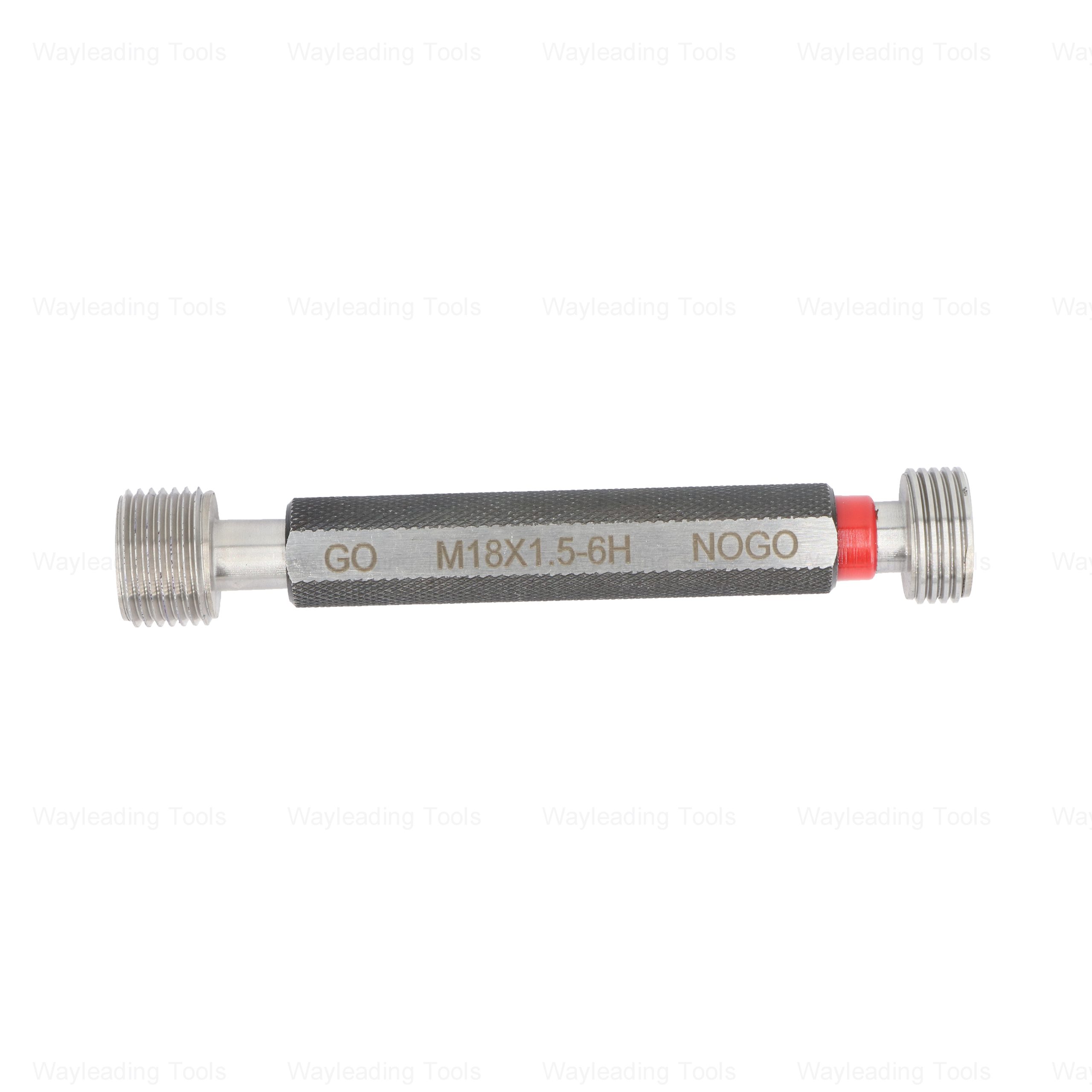 High-Precision Metric Thread Plug Gauge – 6H Class, GO & NO-GO Ends
High-Precision Metric Thread Plug Gauge – 6H Class, GO & NO-GO Ends -
 HSS Inch Convex Milling Cutter For Industrial
HSS Inch Convex Milling Cutter For Industrial -
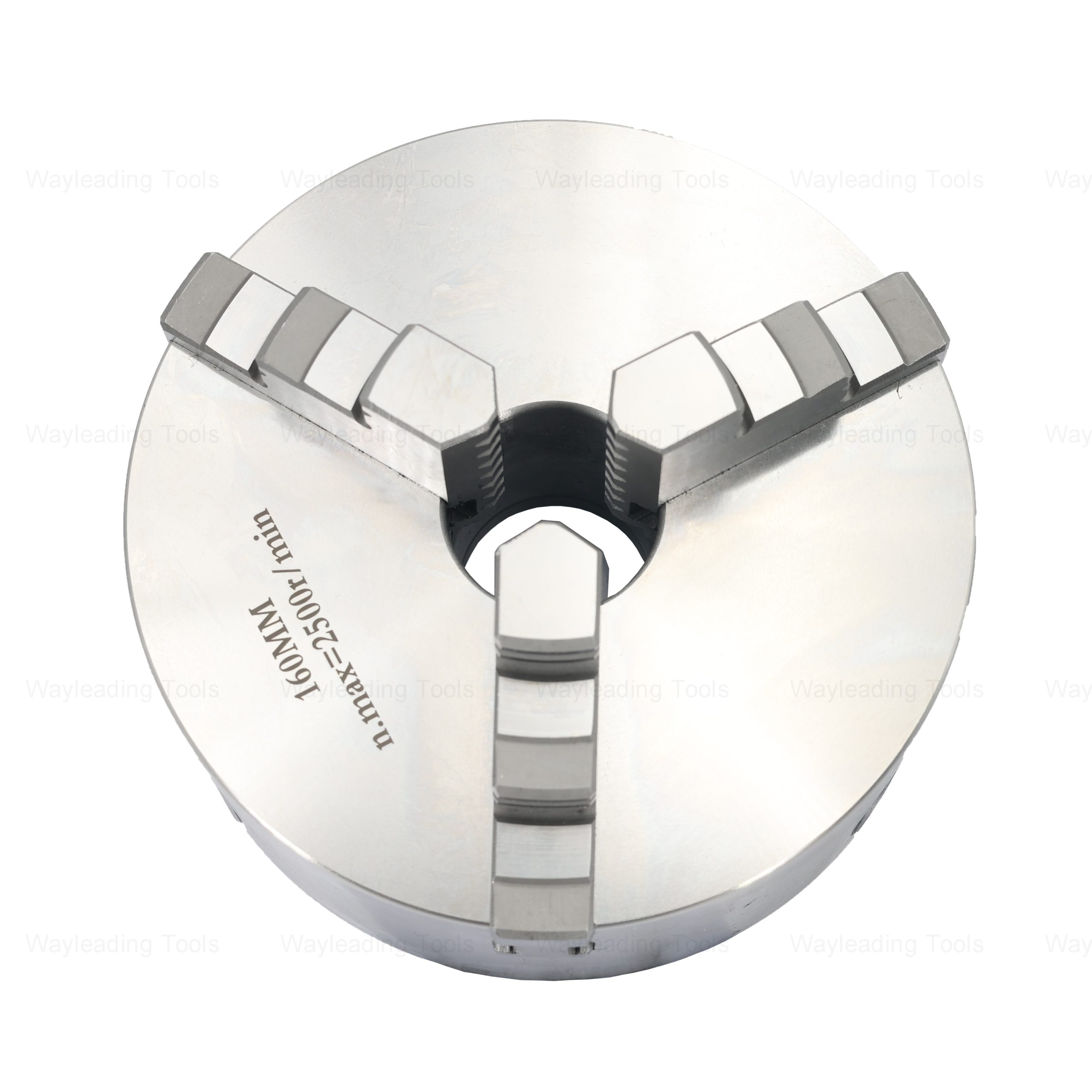 K11 Series 3-Jaw Self-Centering Lathe Chuck – Scroll Type, for Manual Lathes
K11 Series 3-Jaw Self-Centering Lathe Chuck – Scroll Type, for Manual Lathes -
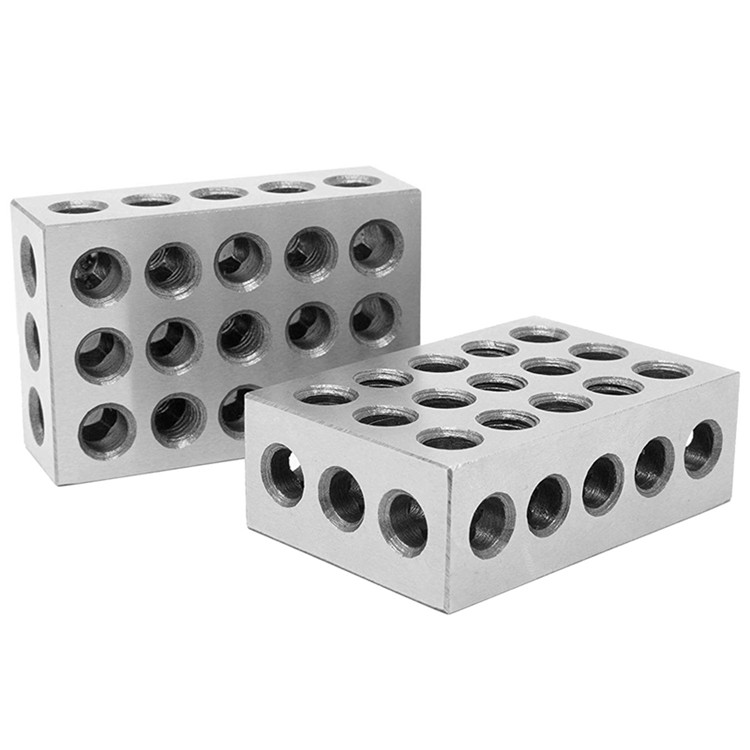 Precision 1-2-3, 2-3-4 or 2-4-6 Block With 1 And 11 And 23 Or None Hole
Precision 1-2-3, 2-3-4 or 2-4-6 Block With 1 And 11 And 23 Or None Hole -
 HSS Metric Taper Shank Twist Drills for High-Precision Metal Cutting
HSS Metric Taper Shank Twist Drills for High-Precision Metal Cutting -
 Precision V Block And Clamps Set With Heavy Duty
Precision V Block And Clamps Set With Heavy Duty -
 Precision Monoblock Vernier Caliper With Nib Style Jaws Of Metric & Imperial For Industrial
Precision Monoblock Vernier Caliper With Nib Style Jaws Of Metric & Imperial For Industrial -
 Metric HSS Annular Cutters With Weldon Shank For Metal Cutting
Metric HSS Annular Cutters With Weldon Shank For Metal Cutting -
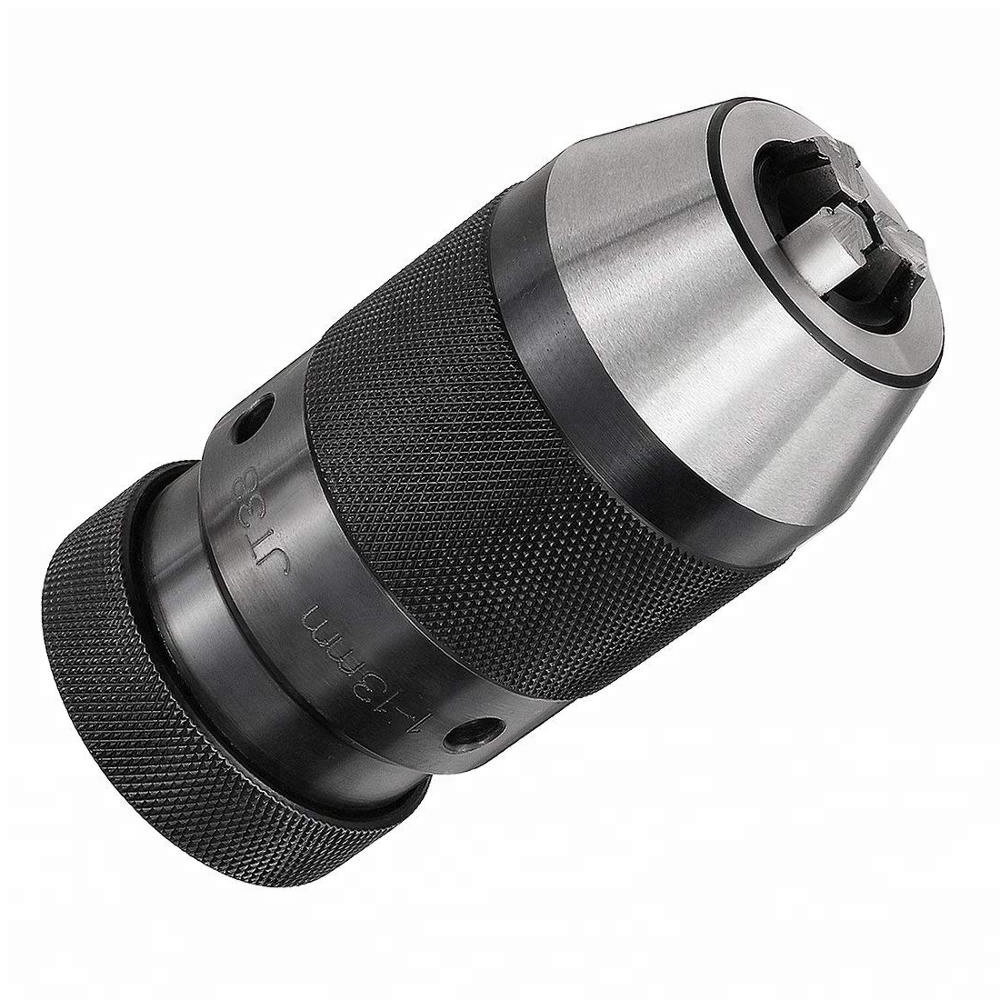 Keyless Drill Chuck With Heavy Duty Type
Keyless Drill Chuck With Heavy Duty Type -
 HSS 3PCS DIN352 Hand Tap Set With Taper And PLUG Or Bottoming Tap
HSS 3PCS DIN352 Hand Tap Set With Taper And PLUG Or Bottoming Tap





